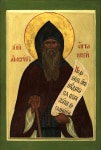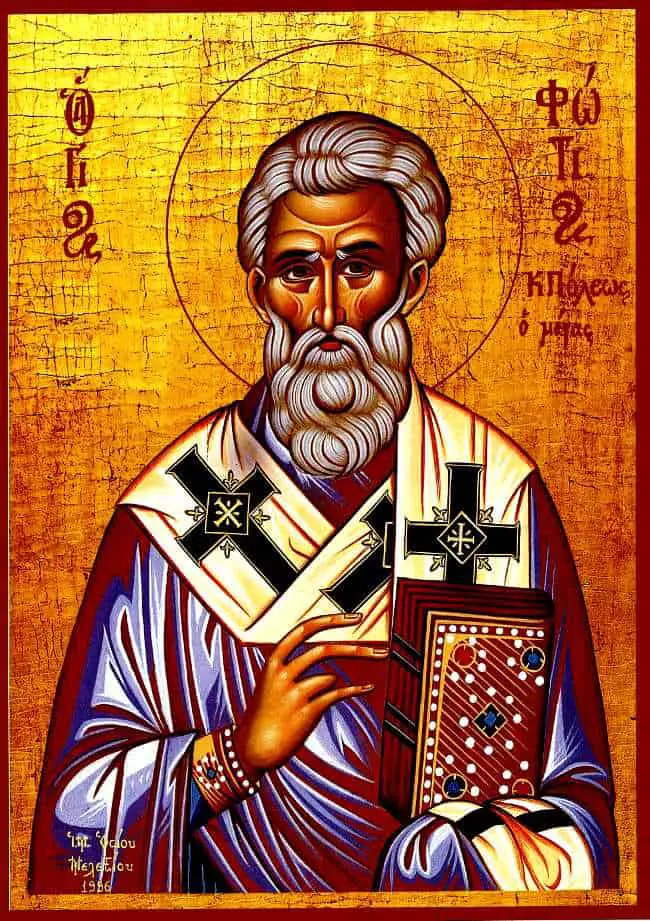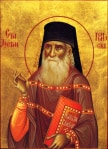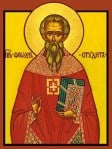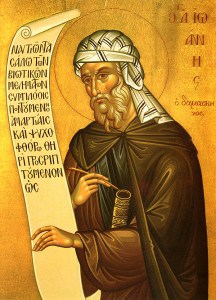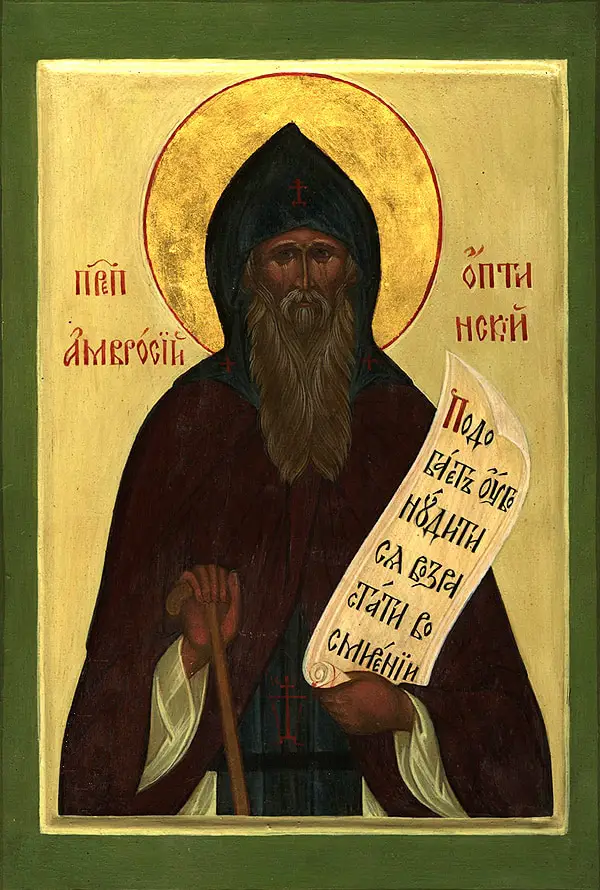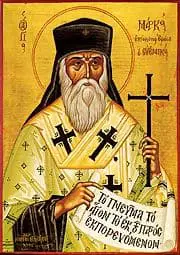St. Ambrose of Optina: . . . In this way, it overturned the entire ancient Apostolic office that accomplishes almost all the Mysteries and all the ecclesiastical institutions . . .
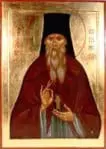
But just as one mistake–which is not considered a mistake–always brings another one in its train, and one evil begets another, so the same happened with the Roman Church. This incorrect philosophizing that the Holy Spirit proceeds also from the Son, having just barely appeared in the West, already then gave birth to other similar offspring, and instituted little by little other novelties, for the most part contradictory to the commandments of our Savior clearly portrayed in the Gospel, such as: sprinkling instead of immersion in the mystery of Baptism, exclusion of laypersons from the Divine Chalice and the use of unleavened bread instead of leavened bread in the Eucharist, and excluding from the Divine Liturgy the invocation of the All-Holy and Life-Giving and All-Effectuating Spirit. It also introduced novelties that violated the ancient Apostolic rites of the Catholic Church, such as: the exclusion of baptized infants from Chrismation and reception of the Most-Pure Mysteries, the exclusion of married men from the priesthood, the declaration of the Pope as infallible and as the locum tenens of Christ, and so on. In this way, it overturned the entire ancient Apostolic office that accomplishes almost all the Mysteries and all the ecclesiastical institutions–the office, which before had been preserved by the ancient holy and Orthodox Church of Rome, being at that time the most honored member of the Holy Catholic and Apostolic Church (Encyclical § 5, item 12).
Nevertheless, the main heresy of the Roman Church is not in subject matter, but in action; there is the fabricated dogma of supremacy, or rather, prideful striving for dominance of the bishops of Rome over the four other Eastern Patriarchs. For the sake of this dominance, supporters of the Roman Church placed their pope above the canons and foundations of the Ecumenical Councils, believing in his infallibility.
+ St. Ambrose of Optina, A Reply to One Well Disposed Towards the Latin Church
Regarding the unjust glorying of the papists in the imaginary dignity of their Church
